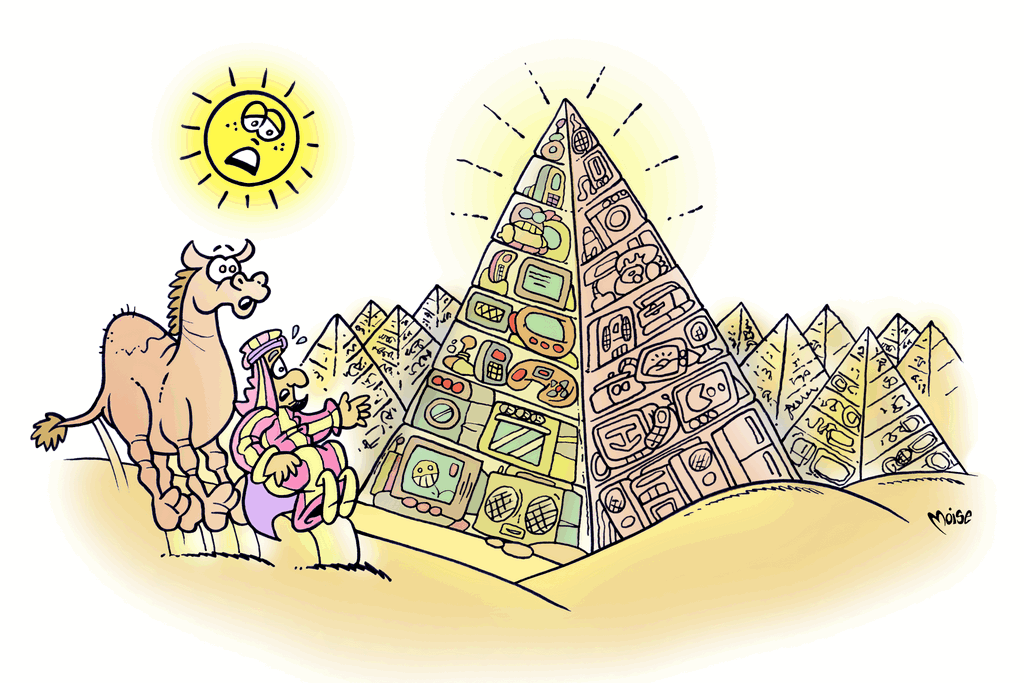Waste Sorting

PAPER and CARDBOARD: Did you know that the recycling of one ton of paper can save 15 trees? Paper is the most recycled material in Europe: recycled paper is used for 95% of daily newspapers and for 90% of packaging. But we must follow the rules strictly! For example, we must never throw the following into the paper bin: greasy serviettes, dirty tissues, receipts, oiled paper or the plastic bag which you put the paper in!
GLASS: Not everything that is shiny is necessarily glass! You must never throw ceramic, porcelain or crystal objects into the glass bin. Only glass containers can be recycled (i.e. bottles, jars, and drinking glasses) whereas light bulbs, the glass from house or car windows, mirrors and pyrex must not be placed in the glass bin.
WEEE: About 49 million tons of Waste Electrical and Electronic Equipment was produced in 2012, which is 11 times the weight of the Giza pyramid and 200 times the weight of the Empire State Building! Let’s remember that these objects, in addition to being composed of recoverable material and metals, including precious metals, may also contain polluting and toxic substances like chlorine, fluoride, carbons or mercury. It is, therefore, of utmost importance not to release them into the environment.

